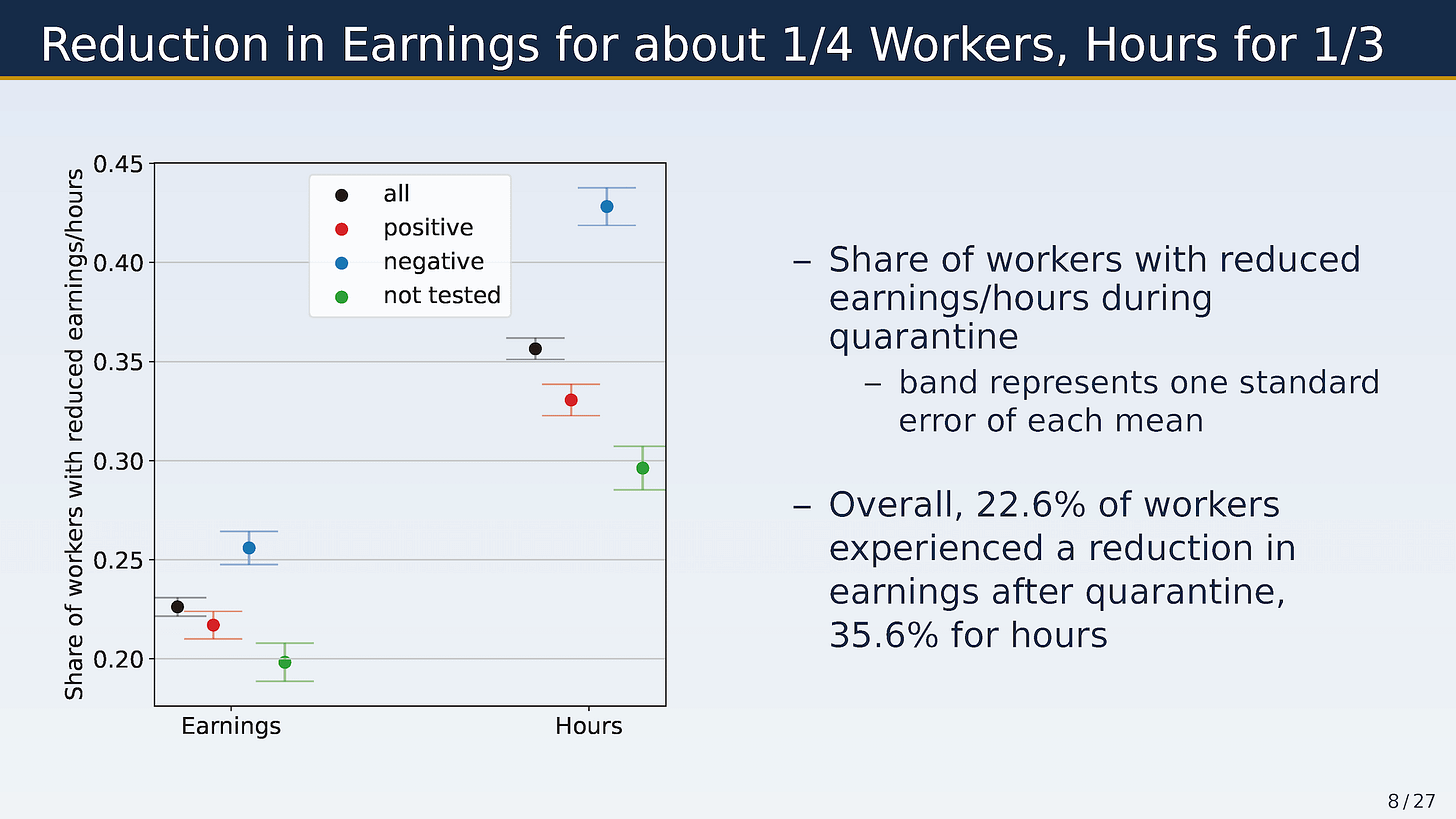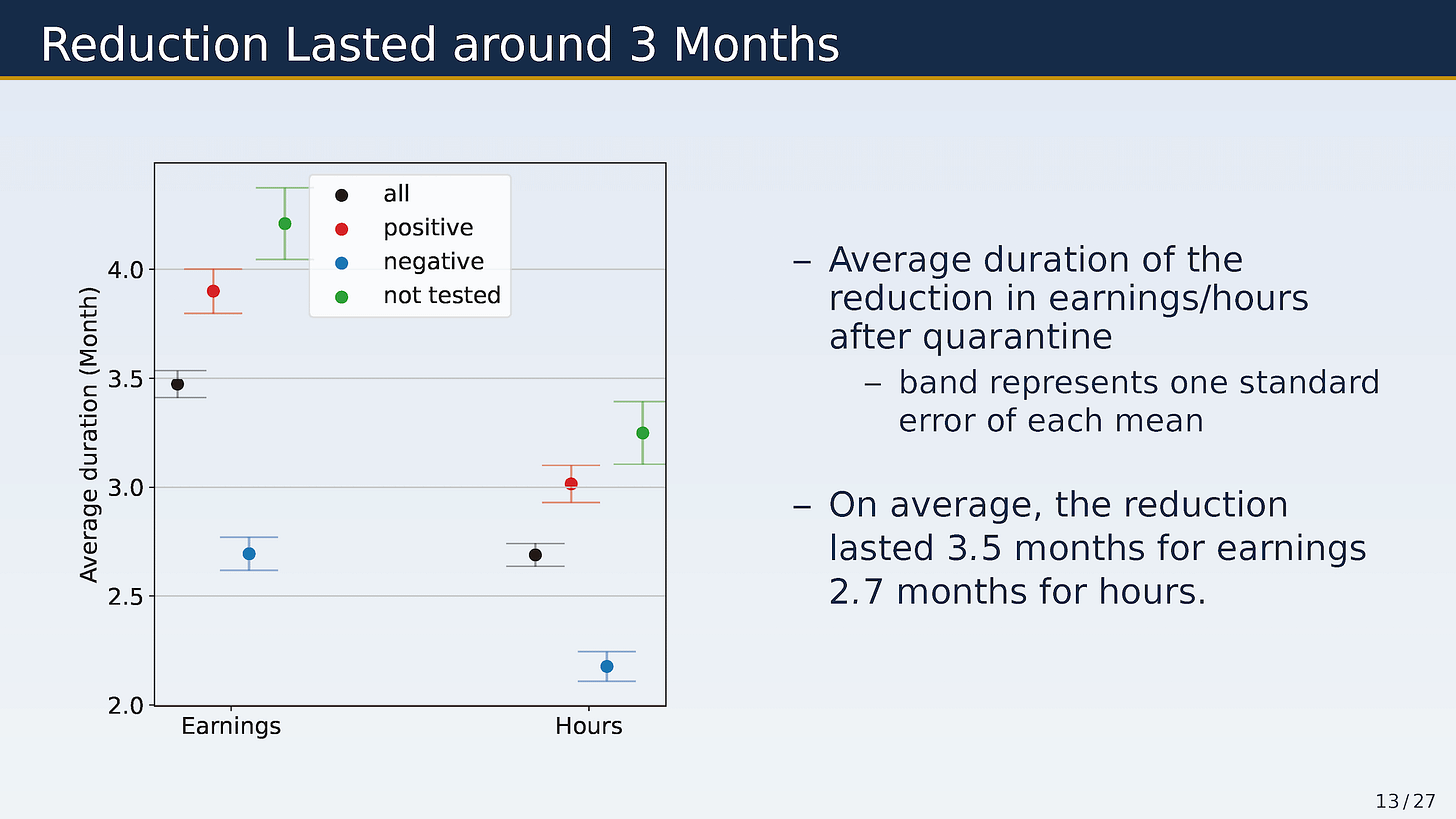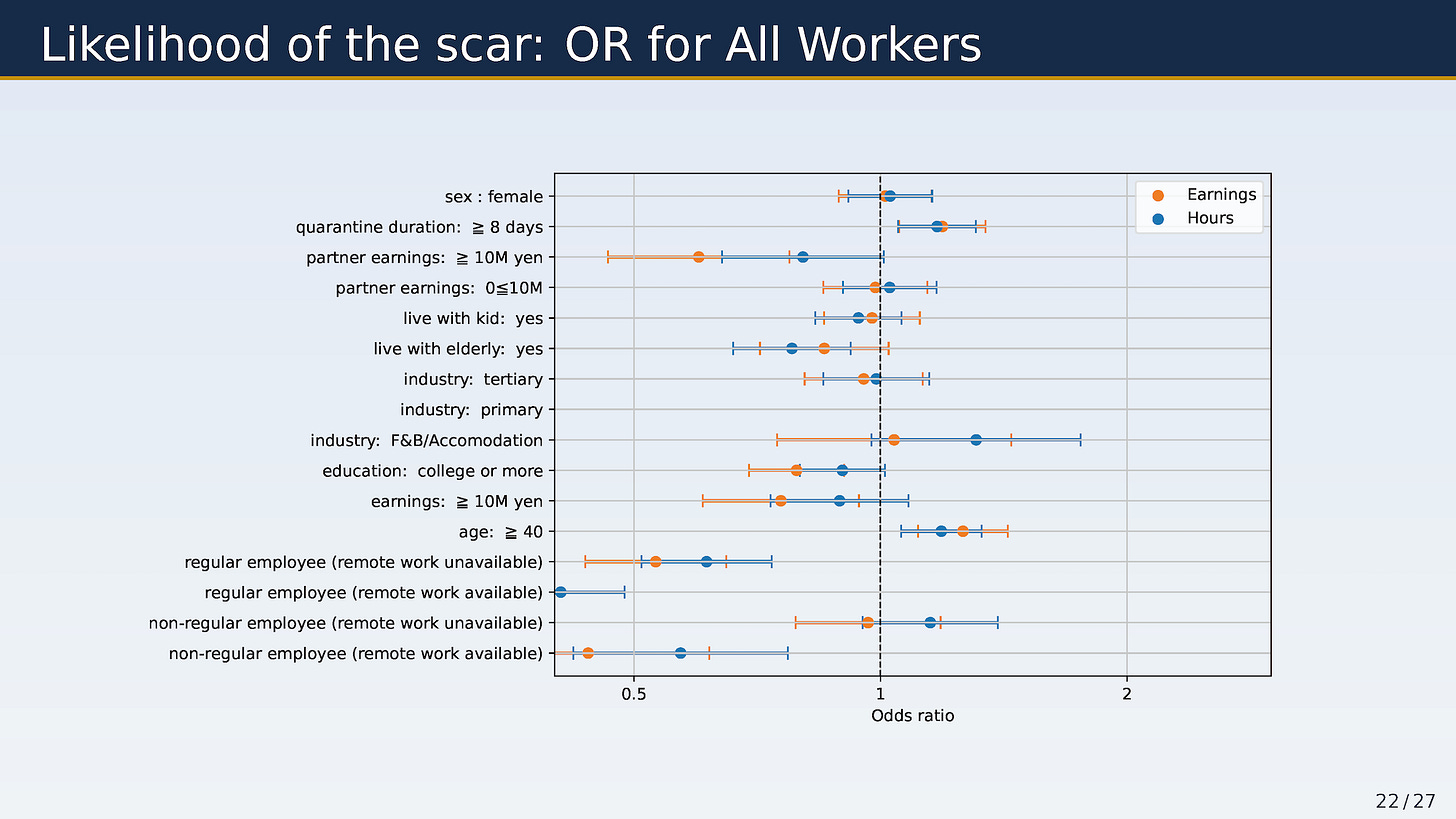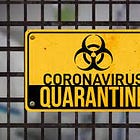I’ve written before that I believe one underappreciated reason for the high level of compliance with unenforceable requests for mask-wearing, vaccinations, and other Covid measures for over 3 years in Japan was that many people feared the social consequences of testing positive for Covid more than they feared the disease itself. One of the hardest cudgels used to keep the population in line was the threat that if you caught Covid, not only you but also your friends, family, and coworkers would have to self-isolate regardless of symptoms. The feelings of many Japanese were summed up by one office worker quoted in a September 2020 article in business magazine Toyo Keizai titled “Many people fear self-isolation and social sanctions more than Covid itself”
“Even if I get Covid, I’ll probably get over it the same as a cold. But I’m scared that I’d cause trouble for and become resented by my coworkers and clients for making them close contacts.”
Just how much reason contacts would have to feel resentful towards cases hasn’t been quantified though. It’s not news that national lockdowns were bad for national finances, but nobody bothered to see how the personal lockdowns of close-contact quarantine (CCQ) affected personal finances despite the policy being in place for over 3 years.
But researchers affiliated with the cabinet office funded Covid-19 AI & Simulation Project, who obviously now have plenty of time on their hands, have released results of an approx 8000-person survey assessing CCQ titled “Quarantine and its scar on labor”. Survey respondents were asked how their earnings and working hours were affected during and after CCQ. They were also asked whether the got tested for Covid and the result if they did. TL;DR: Many people who couldn’t work from home were badly impacted not just during but also after CCQ.
While stuck at home, 22.6% of workers saw their earnings decrease and 35.6% worked fewer hours.
For those 22.6% who lost earnings, the average loss was a substantial 55.4%.
In short, lots of people lost out on earnings because they couldn’t work. So far, so predictable. But after quarantine ended, things went back to the way they were before, right? Nope. 12% of workers still earned less after quarantine ended.
And these reductions lasted 3 months on average…
…with average monthly reductions in the range of 40%.
And it gets even worse for 8.5% of workers, who either quit or lost their jobs after CCQ, with 18.6% of them not finding other employment.
As you’ve probably noticed, contacts who tested negative often did worse than those who tested positive, so Long Covid certainly isn’t to blame here. So if Covid infections don’t affect the odds of a post-quarantine “scar” on earnings and hours, what does?
The answer to that question is probably as you’d expect. Personal characteristics associated with higher odds of having a scar were being over 40 and a non-regular employee who couldn’t work remotely. Working in the hospitality industry didn’t help either. Meanwhile, people from high-income households and college graduates had lower odds of a scar. In other words, people in economically precarious circumstances working in in-person jobs were negatively affected, but members of the Zoomer laptop class were generally fine.
But the most interesting result for me is that contacts who had to quarantine for longer had higher odds of a scar (Japan shortened the CCQ duration from 10 to 7 days in September 2022). Put another way, like the odds of adverse effects after mRNA shots, the odds of a post-CCQ scar are dose dependent.
Lest any Covidians retort that lower earnings for a few months is a small price to pay to save lives, two randomised controlled trials conducted in England (here and here) found CCQ to be no better at stopping the spread than letting contacts go to school or work after taking daily lateral flow tests, which themselves are a waste of time for symptomless people. Moreover, even if CCQ could be shown to have some benefit and didn’t impact contacts’ finances, it would still be ethically unjustifiable.
Of course, Covid cases and their contacts in Japan haven’t had to quarantine since May, so at least this idiotic policy is behind us. But let’s not get too complacent. Close-contact witch-hunting was so good at stoking societal paranoia and driving vaccine uptake from 2020 to 2023, it’ll doubtlessly be used again in the future pandemics our governments and media are giddily assuring us are coming.













Who voted for WEF in the elections here? Seems they have won securely....
And, most of the aid went to the few regular employees and little to the masses of irregular employees.